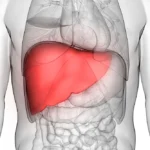Here are five suggestions to help you achieve balance and inner serenity following a cancer diagnosis.
A cancer diagnosis can bring overwhelming stress and uncertainty about the future, as well as concerns about how the disease and treatment will affect your body. This unexpected adjustment can make you feel vulnerable and out of control.
Here are five recommendations to help you deal with the grief of a new cancer diagnosis.
Tips for dealing with a cancer diagnosis.
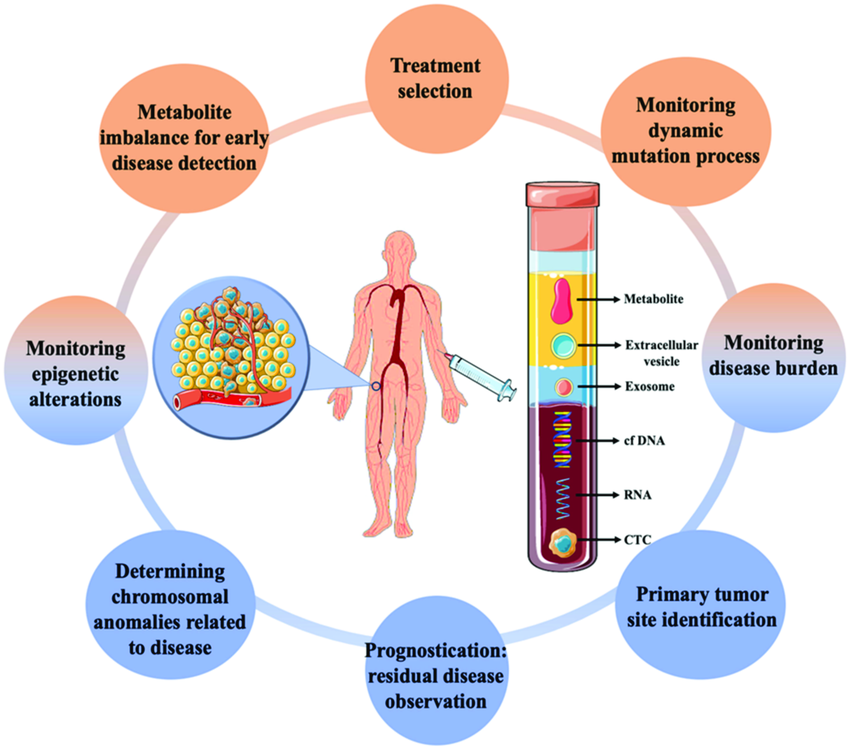
Find emotional and social support.
You should also consider joining a support group, either in person or online. These organizations bring you together with others who are going through similar circumstances, providing friendship and understanding.
Many hospitals and cancer centers provide support groups for cancer patients, where they can discuss their experiences and coping skills in a safe and supportive setting.
Connect with the stories of others who have experienced cancer
Navigating a cancer diagnosis demands both courage and hope. Finding strength is frequently gained by observing the tenacity of those who have traveled a similar route.
One effective coping approach is to read books authored by cancer survivors or to follow YouTube channels where individuals share their personal journeys. These eyewitness tales provide essential insights, inspiration, and practical counsel, helping you navigate the hurdles of diagnosis and treatment.
Begin walking in nature
Walking in natural environments can considerably improve one’s well-being. Current recommendations.A trusted source on cancer and quality of life emphasizes the necessity of remaining active. Exercise not only improves physical health but also alleviates typical stressors like anxiety and sadness, both before and after treatment.
Being in nature can amplify these advantages by soothing your thoughts and encouraging relaxation. Studies have consistently shown that natural surroundings reduce stress levels more effectively than indoor and urban ones. Even short walks in nature can have a big positive impact on mental health.
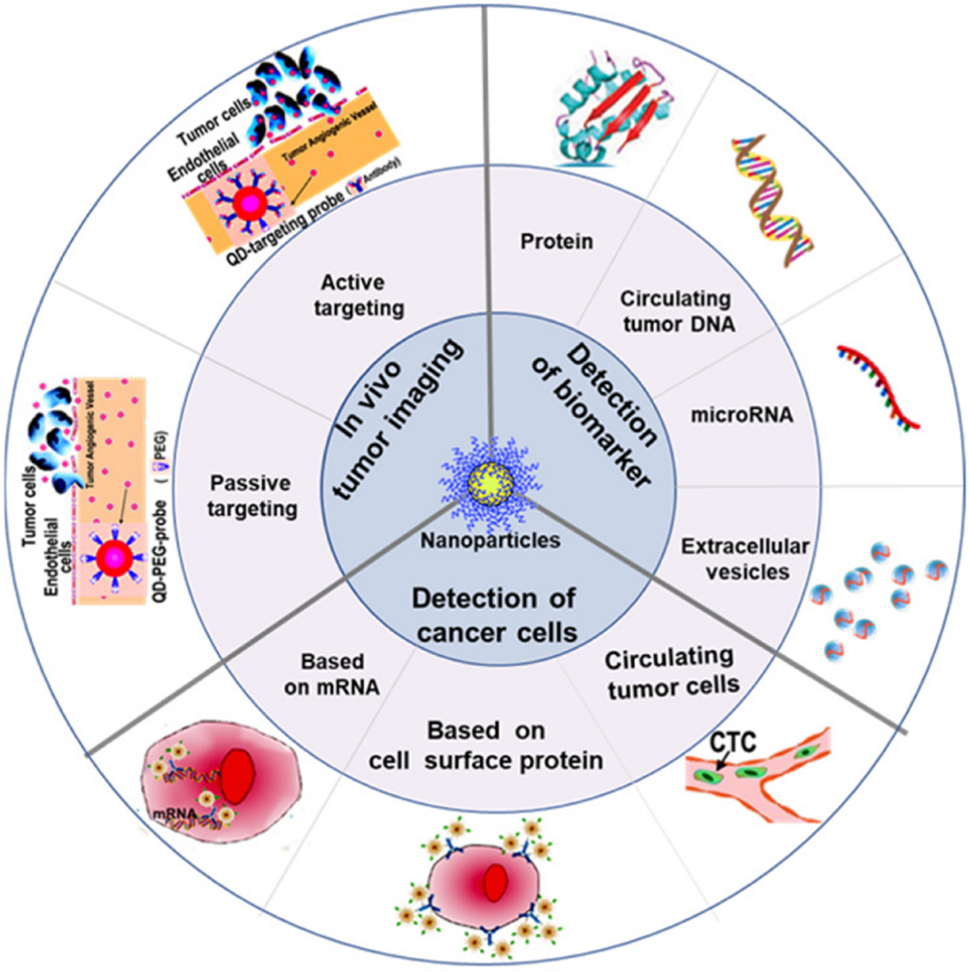
Promote inner serenity and well-being
Following a cancer diagnosis, engaging in practices that promote inner calm, reflection, and emotional well-being can be extremely useful, regardless of your religious beliefs or lack thereof.
The following practices can be particularly beneficial:
- Reading spiritual or religious writings can provide comfort and inspiration.
- Mindfulness and meditation: Practicing being present in the moment may be extremely relaxing and centering during challenging situations.
- Spending time in natural settings, such as walks in parks or hikes in wilderness areas, can promote a sense of awe and connection with the natural world.
- Art and Creativity Expressing feelings and thoughts via art may be extremely therapeutic, providing a sense of purpose and accomplishment.
- Reflection and contemplation: Setting aside time for self-reflection and contemplation, such as journaling or quiet periods of introspection, can help you explore your values, hopes, and worries.
Educate yourself with your ailment and therapy
- Read, read, read. Educating yourself on your unique cancer kind and treatment options can help to lessen ambiguity and make the situation feel more manageable. Being informed reduces anxiety by providing a better understanding of what to expect and how to prepare.
Also, look into holistic treatments including nutrition, acupuncture, and stress-reduction strategies. These can increase your sensation of control and benefit your overall health.
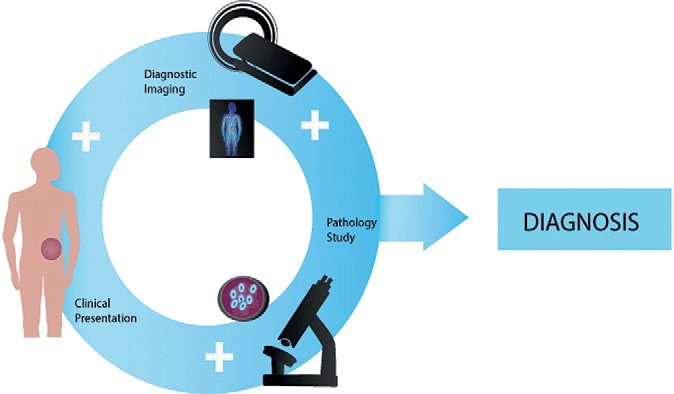
Emotional and physical signs of mourning
Everyone responds differently to a cancer diagnosis, and grieving takes many forms.
Emotional symptoms could include:
- Symptoms of grief may include sadness, astonishment, anxiety, fear of death, irritation, and rage.
- Symptoms may include feelings of shame or remorse, loneliness, and difficulty concentrating or making decisions.
- mood swings or emotional numbness
- a sense of longing or yearning for periods prior to the diagnosis
Possible physical symptoms are:
- Fatigue or excessive exhaustion
- Symptoms may include hunger changes, difficulty sleeping, body aches, tension, headaches, or migraines.
- Symptoms of digestive difficulties include nausea, diarrhea, and constipation. Additionally, a weakened immune system might lead to more frequent diseases.
Stages of grief
The Kübler-Ross model refers to the stages of mourning as outlined by Elisabeth Kübler-Ross in her seminal work “On Death and Dying”.
The model describes five stages that people may go through when dealing with a catastrophic loss or a life-threatening illness:
Denial: first denying the truth of the loss as a defensive tactic.
rage: extreme feelings of rage, often directed toward oneself or others.
Bargaining: attempting to bargain or make arrangements to reverse or delay a loss.
Depression: experiencing intense grief, regret, and retreat when the impact of the loss settles in.
Acceptance is finally coming to terms with the reality of the loss and incorporating it into one’s life.
These stages are not always sequential or universally experienced in a precise order. People may progress through them at varying speeds or repeat stages several times.
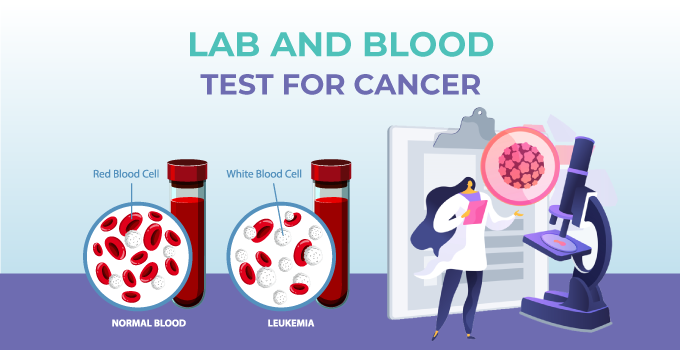
Emotional support resources for cancer patients
Here’s a list of emotional support resources for those with cancer:
- The American Cancer SocietyTrusted Sources offers materials, support groups, and online communities.
- CancerCare provides counseling, support groups, and financial aid to persons with cancer.
- Cancer Survivors Network is a peer support community maintained by the American Cancer Society.
- Inspire Cancer Support Community: This online forum allows cancer patients and caregivers to connect and share their stories.
- Reddit Cancer Support Groups: Various subreddits, including r/cancer, offer platforms for discussion and support.
- Oncology social workers give counseling and support in hospitals and cancer treatment centers.
Takeaway
A cancer diagnosis can unexpectedly alter your life, causing uncertainty, worry of the future, and a loss of control. Finding inner calm in this difficult time is critical.
You can seek support from loved ones and professionals, spend time connecting with nature for peace, and consider starting a meditation practice to reduce stress.
Remember that you’re not alone on this road. There are people and resources available to guide you through this challenging journey with care and empathy.

